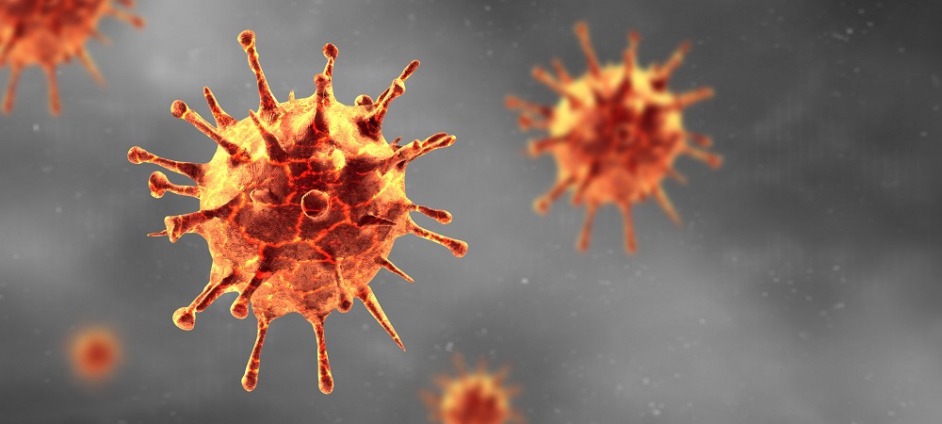The contagious Covid-19 variant, originating from India, the Delta variant, has been recorded in Ghana.
Head of the West Africa Center for Cell Biology and Infectious Pathogens (WACCBIP) of the University of Ghana, Professor Gordon Awendare, confirmed that the Indian variant, also known as the Delta variant, is one of the 45 variants which are currently in Ghana.
The Indian strain has caused huge spikes in India and a serious increase in cases in the UK even though large sections of the population in those countries are vaccinated.
"Overall, we have about 45 or 46 different variants. The trend shows that all these normally come from travellers. However, now that the Delta (Indian Variant) is taking over, it's just a matter of time before it will come here in large quantities. So we have a few here, but it's going to increase," Professor Awendare explained to Daniel Dadzie on JoyPrime's Prime Morning.
Professor Awendare called on government to immediately enforce the Covid-19 preventive protocols to stem a potential spread of this deadly variant.
In addition, he added that the controls at the Kotoka International Airport (KIA) must be tightened to stop more importation of the variant.
Professor Awendare revealed that the AstraZeneca and Sputnik V vaccines are not effective against the Indian variant.
"Now we have to be looking at the right vaccines. All this while, we've been fixed on AstraZeneca and Sputnik V, but we have to shift towards more Pfizer and others that have a better chance of protecting against this variant. Because the future is, we are going towards these aggressive variants", he stressed.
The World Health Organisation (WHO) has classified this coronavirus variant, first found in India last year, as a "variant of global concern".
It said preliminary studies showed that this specific mutation spreads more easily than other variants.
A mutation is elevated from a "variant of interest" to a "variant of concern" (VOC) when it shows evidence of fulfilling at least one of several criteria, including easy transmission, more severe illness, reduced neutralisation by antibodies or reduced effectiveness of treatment and vaccines according to the global health body.
Latest Stories
-
ORAL is not a tool for witch-hunting – John Mahama
14 minutes -
Audit the state of Ghana’s health sector – Kwame Asiedu urges Mahama
32 minutes -
East Legon accident: Salifu Amoako’s son jailed 6 months
33 minutes -
Brenda Antwi Donkor – the unsung lady behind the most iconic TV productions
36 minutes -
MUSIGA mourns Naa Amanua of Wulomei fame
54 minutes -
Audit Agenda 111 lands and funds – Kwame Asiedu urges Mahama
1 hour -
President Akufo-Addo commissioned mere buildings, not hospitals – Kwame Sarpong Asiedu
1 hour -
David Ocloo joins Togolese side AS OTR Lomé as head coach
1 hour -
The evolution of Ghana’s film industry: From local beginnings to global showcase
1 hour -
Black Galaxies: Didi Dramani rallies support ahead of CHAN qualifier against Nigeria
1 hour -
Agenda 111 will not solve Ghana’s healthcare crisis – Kwame Sarpong Asiedu
2 hours -
“I never left the stage” – Fameye on London show mishap
2 hours -
I have a plan to win the league for Hearts Of Oak- Aboubakar Outtara
2 hours -
CIB Ghana celebrates induction of 110 Chartered Bankers, totaling 1,127 over five years
2 hours -
LPG consumption increases by 4% in 2023
2 hours

